{"article":{"id":"2221999","title":"A unique direction in AI chatbot development in China","description":"Taking advantage of the market that OpenAI and Google left open, Chinese technology companies are making significant profits from the personalization trend in AI chatbot development.","contentObject":"
China's leading technology companies ( BigTech ) are making lucrative profits thanks to significant strides in developing generative artificial intelligence (AI) services.
\nAlibaba Group's online shopping site Taobao recently introduced a virtual assistant called Duxiaoxiao, powered by Baidu's AI chatbot, Ernie Bot.
\nDuxiaoxiao virtual shopping assistant is tailor-made to suit each buyer's preferences, providing a personalized shopping experience.
\nMeituan, a popular Chinese delivery service giant, has also entered the generative AI business market with its own chatbot called Wow.
\nDescribed as “a community of AI friends for young people,” Wow uses a number of underlying AI models to provide users with a customized chat experience.
\nAlthough still in development and in beta, Wow is touted to have the ability to establish personal connections with users through friendly and highly interactive conversations.
\nThese unique AI chatbot products reflect the efforts of Chinese BigTechs to create diverse AI services for both individual users and enterprise customers, despite the increasing costs involved in building and improving AI models and products.
\nCompanies like Baidu and Alibaba are increasingly marketing AI services to a wide range of industries, including information technology, finance, legal, entertainment, transportation, and many others.
\nAlthough the share of generative AI to total revenue is still relatively small compared to core businesses, Chinese BigTechs are actively looking to expand the sector's contribution to overall business.
\nBaidu's Qianfan, a service AI chatbot model, allows customers to access a range of specialized AI chatbot models at competitive prices.
\nThe pricing structure is based on the demand for tokens - units of text that the AI chatbot reads and generates. In addition, Baidu has launched an upgraded chatbot, Ernie Bot 4.0, which is more powerful, with a significantly higher price per unit of 1,000 tokens (about 750 words of text), clearly reflecting the increasing complexity and demand for advanced AI technologies.
\nIn contrast to Baidu's 'pragmatic' pricing, OpenAI currently maintains a monthly fee of $20 for a ChatGPT Plus membership, which allows customers to receive faster responses and access to the large GPT-4 language model.
\nOpenAI remains confident about ChatGPT's widespread popularity, with over 100 million weekly active users globally.
\nThrough personalized AI chatbots and targeted AI services, China's BigTechs are bringing AI technology to life faster than any other country in the world.
\nStrict Chinese government regulations and limited approvals for domestic AI services could pose challenges to the growth of AI chatbots in the country.
\nHowever, the practical needs and ambitions of Chinese BigTechs to conquer technology will overcome these barriers, expected to revolutionize the user experience, further blurring the lines of interaction between humans and AI.
\n(according to SCMP)
\nChina leaps ahead in testing smart connected vehicles
\nChina Becomes a Hotspot for Fintech Innovation and Adoption
\nDemand for smart homes explodes in China
\nThe Power of Facial Recognition Technology in China
\nChinese Telecom Shapes the Future with 5G Technology
\nTaking advantage of the market that OpenAI and Google left open, Chinese tech companies are making significant profits from the personalization trend in AI chatbot development.
China's leading technology companies ( BigTech ) are making lucrative profits thanks to significant strides in developing generative artificial intelligence (AI) services.
Alibaba Group's online shopping site Taobao recently introduced a virtual assistant called Duxiaoxiao, powered by Baidu's AI chatbot, Ernie Bot.
Duxiaoxiao virtual shopping assistant is tailor-made to suit each buyer's preferences, providing a personalized shopping experience.
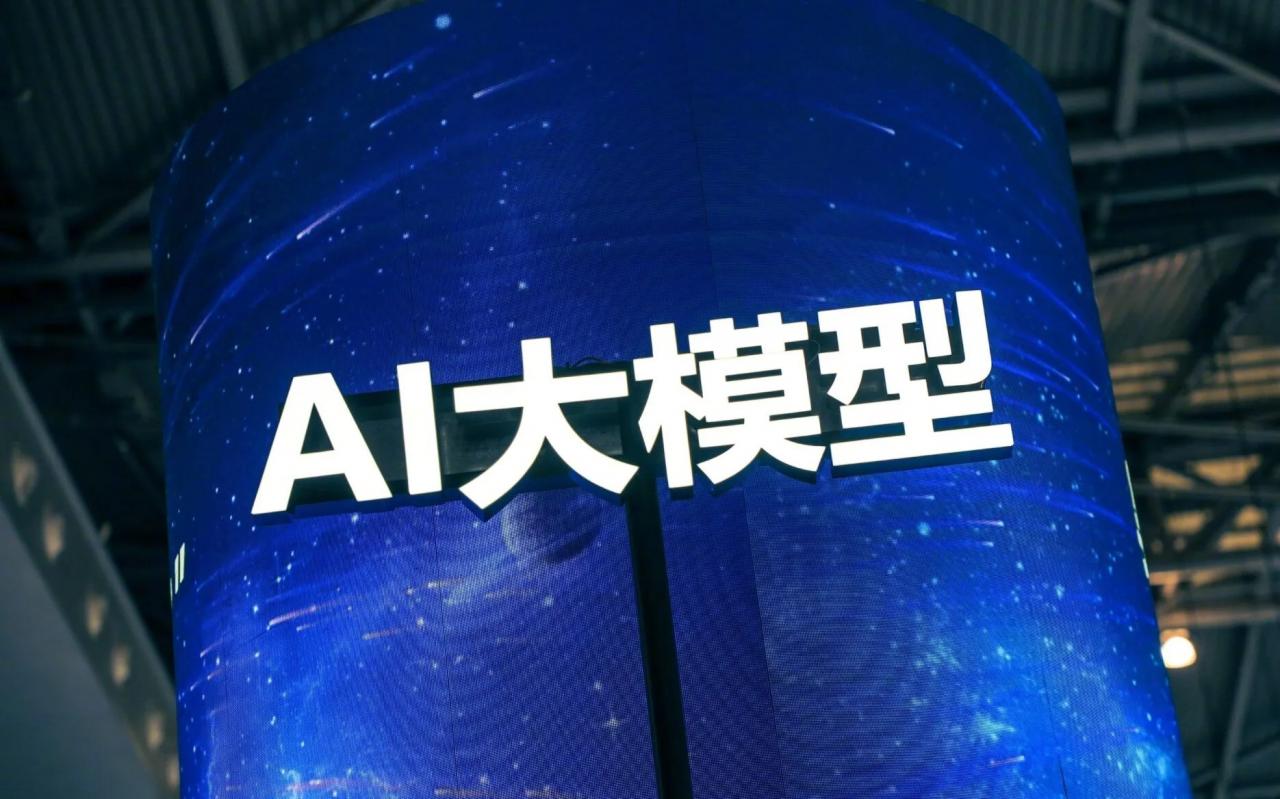
Meituan, a popular Chinese delivery service giant, has also entered the generative AI business market with its own chatbot called Wow.
Described as “a community of AI friends for young people,” Wow uses a number of underlying AI models to provide users with a customized chat experience.
Although still in development and in beta, Wow is touted to have the ability to establish personal connections with users through friendly and highly interactive conversations.
These unique AI chatbot products reflect the efforts of Chinese BigTechs to create diverse AI services for both individual users and enterprise customers, despite the increasing costs involved in building and improving AI models and products.
Companies like Baidu and Alibaba are increasingly marketing AI services to a wide range of industries, including information technology, finance, legal, entertainment, transportation, and many others.
Although the share of generative AI to total revenue is still relatively small compared to core businesses, Chinese BigTechs are actively looking to expand the sector's contribution to overall business.
Baidu's Qianfan, a service AI chatbot model, allows customers to access a range of specialized AI chatbot models at competitive prices.
The pricing structure is based on the demand for tokens - units of text that the AI chatbot reads and generates. In addition, Baidu has launched an upgraded chatbot, Ernie Bot 4.0, which is more powerful, with a significantly higher price per unit of 1,000 tokens (about 750 words of text), clearly reflecting the increasing complexity and demand for advanced AI technologies.
In contrast to Baidu's 'pragmatic' pricing, OpenAI currently maintains a monthly fee of $20 for a ChatGPT Plus membership, which allows customers to receive faster responses and access to the large GPT-4 language model.
OpenAI remains confident about ChatGPT's widespread popularity, with over 100 million weekly active users globally.
Through personalized AI chatbots and targeted AI services, China's BigTechs are bringing AI technology to life faster than any other country in the world .
Strict Chinese government regulations and limited approvals for domestic AI services could pose challenges to the growth of AI chatbots in the country.
However, the practical needs and ambitions of Chinese BigTechs to conquer technology will overcome these barriers, expected to revolutionize the user experience, further blurring the lines of interaction between humans and AI.
(according to SCMP)

China leaps ahead in testing smart connected vehicles
China has decided to allow testing of smart connected vehicles on its streets, marking a step towards its ambition to dominate the global market.

China Becomes a Hotspot for Fintech Innovation and Adoption
China's Fintech sector has undergone incredible growth in recent years, helping to reshape the way financial services are delivered in the country.
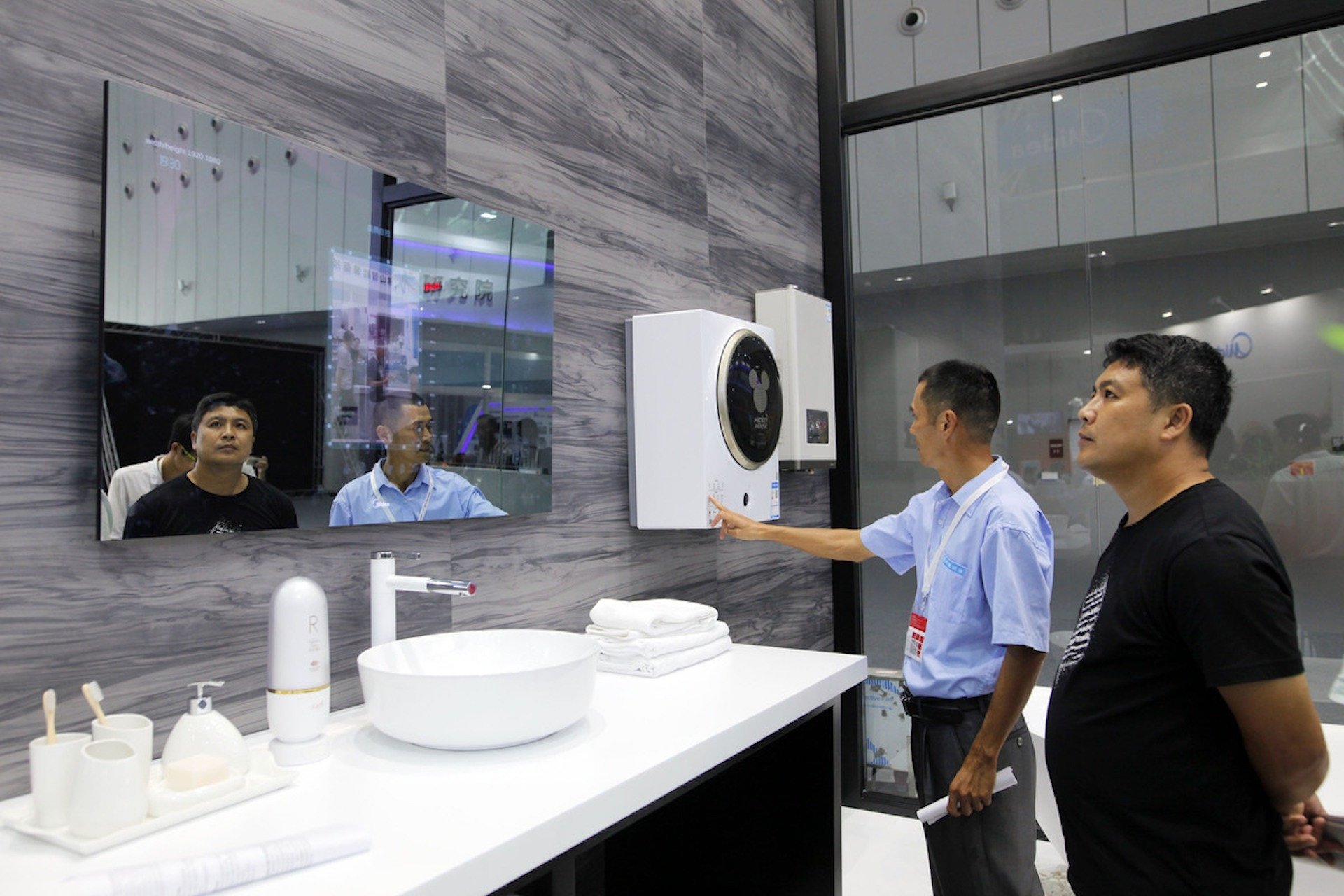
Demand for smart homes explodes in China
Consumer demand is the driving force behind change in traditional industries, with smart homes being one of the booming sectors in China.
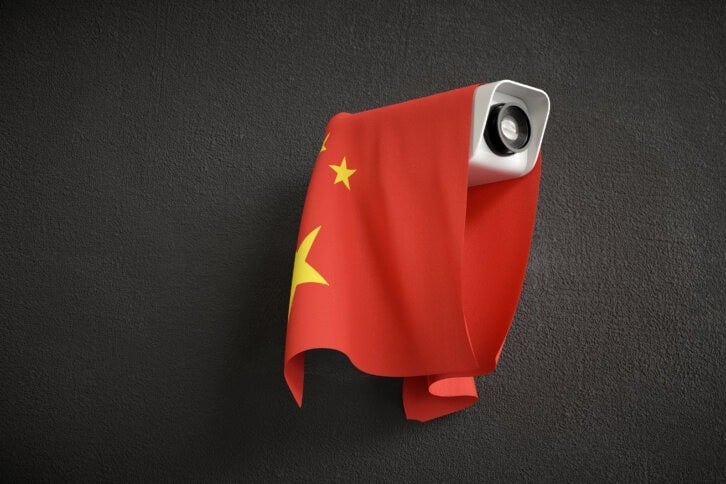
The Power of Facial Recognition Technology in China
From entering and leaving offices to airport security checks and paying at convenience stores, Chinese people are all too familiar with facial recognition technology.
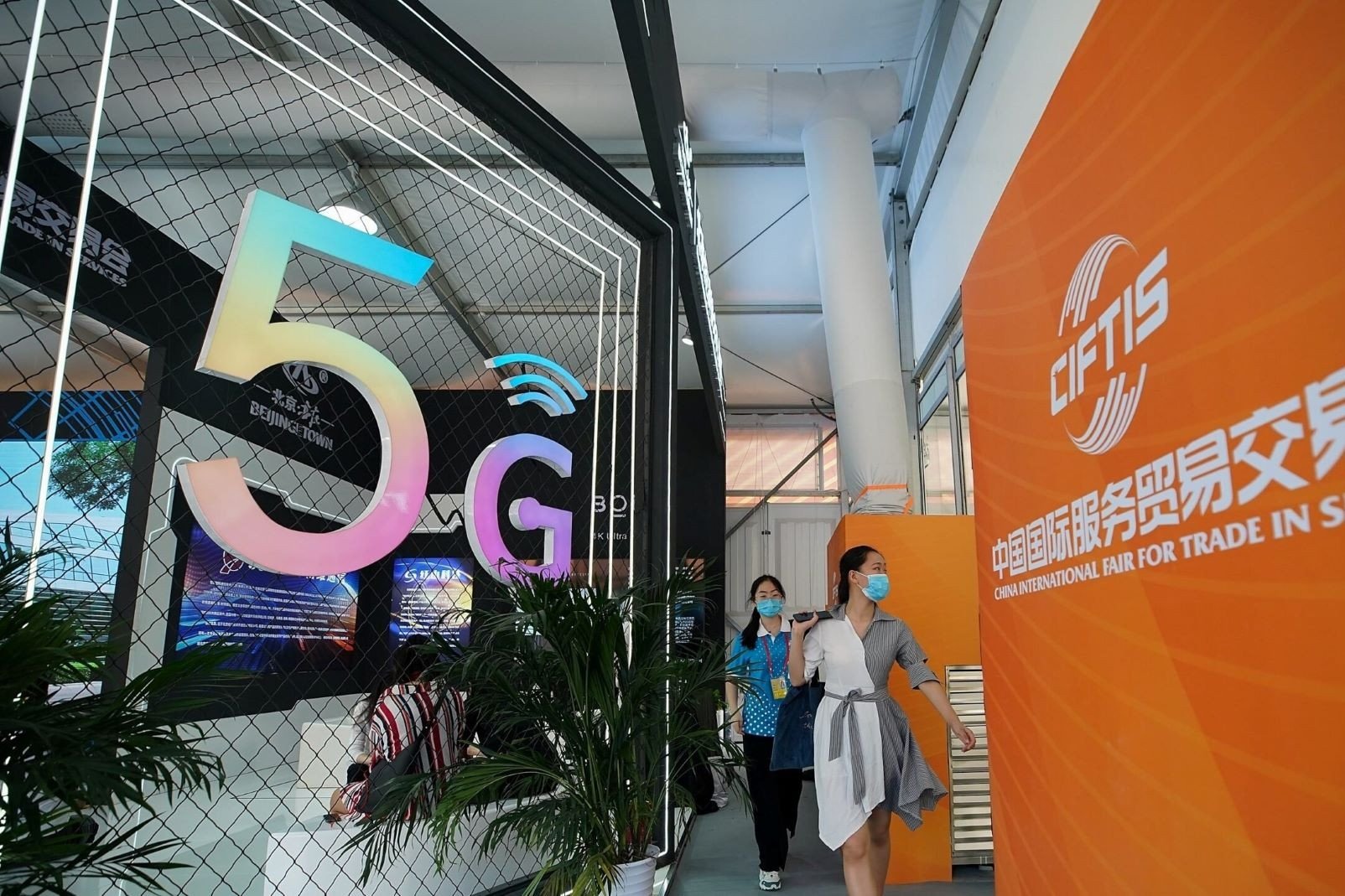
Chinese Telecom Shapes the Future with 5G Technology
The rapid adoption of 5G technology is an extremely important factor in helping China's telecommunications industry shape the future.
Source









![[Photo] General Secretary To Lam attends the 80th Anniversary of the Cultural Sector's Traditional Day](https://vstatic.vietnam.vn/vietnam/resource/IMAGE/2025/8/23/7a88e6b58502490aa153adf8f0eec2b2)
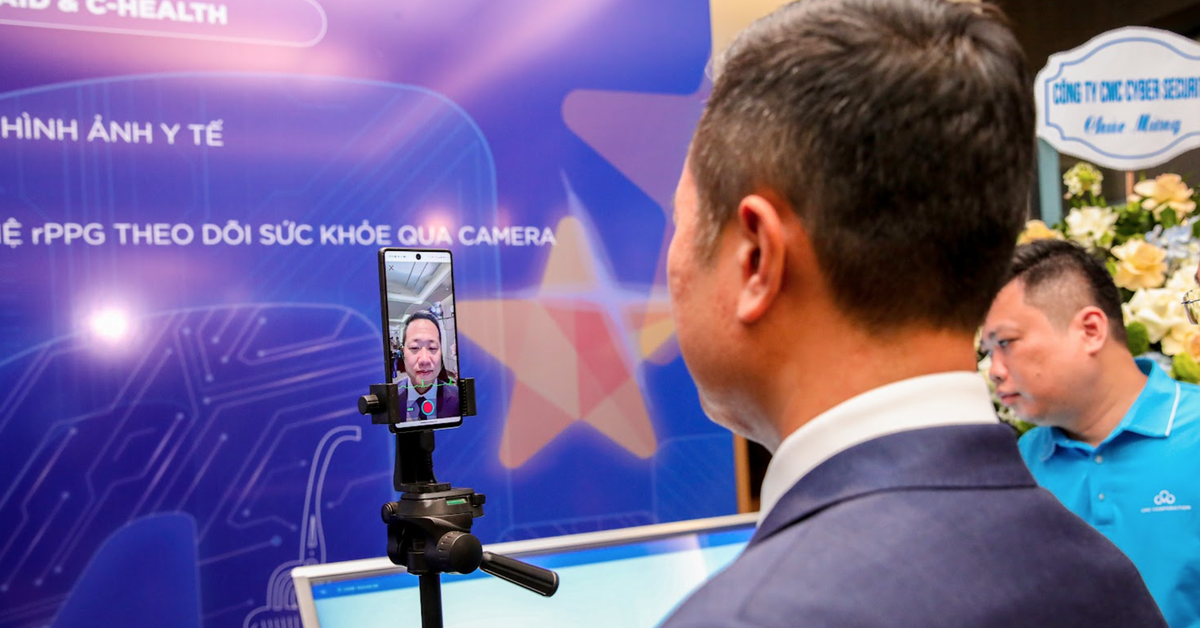


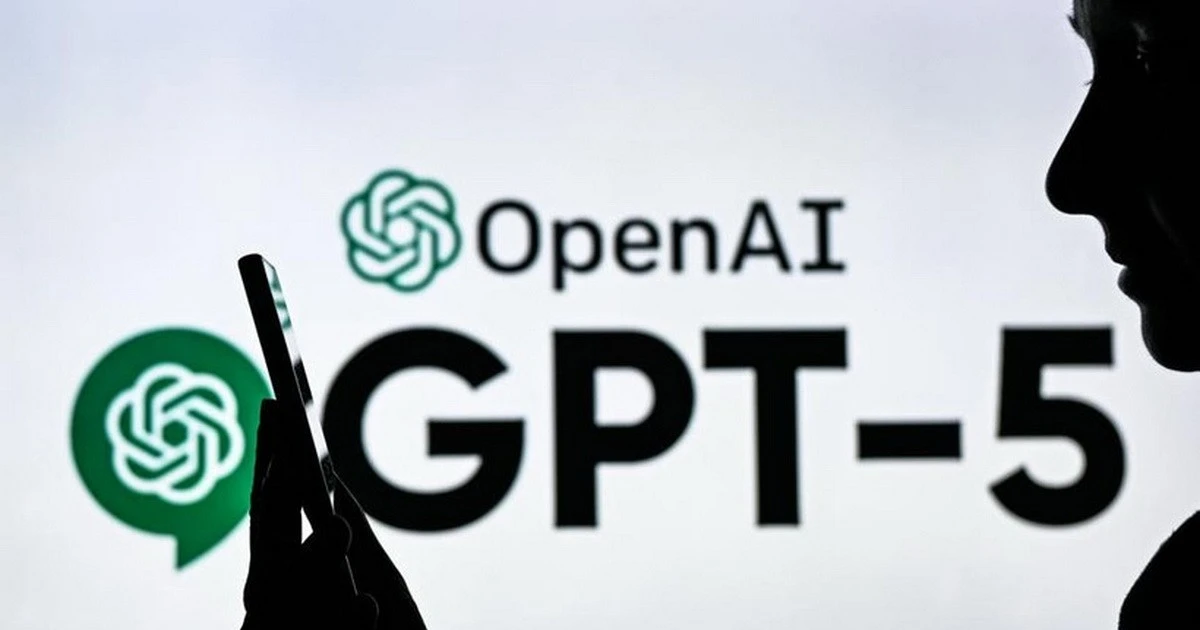




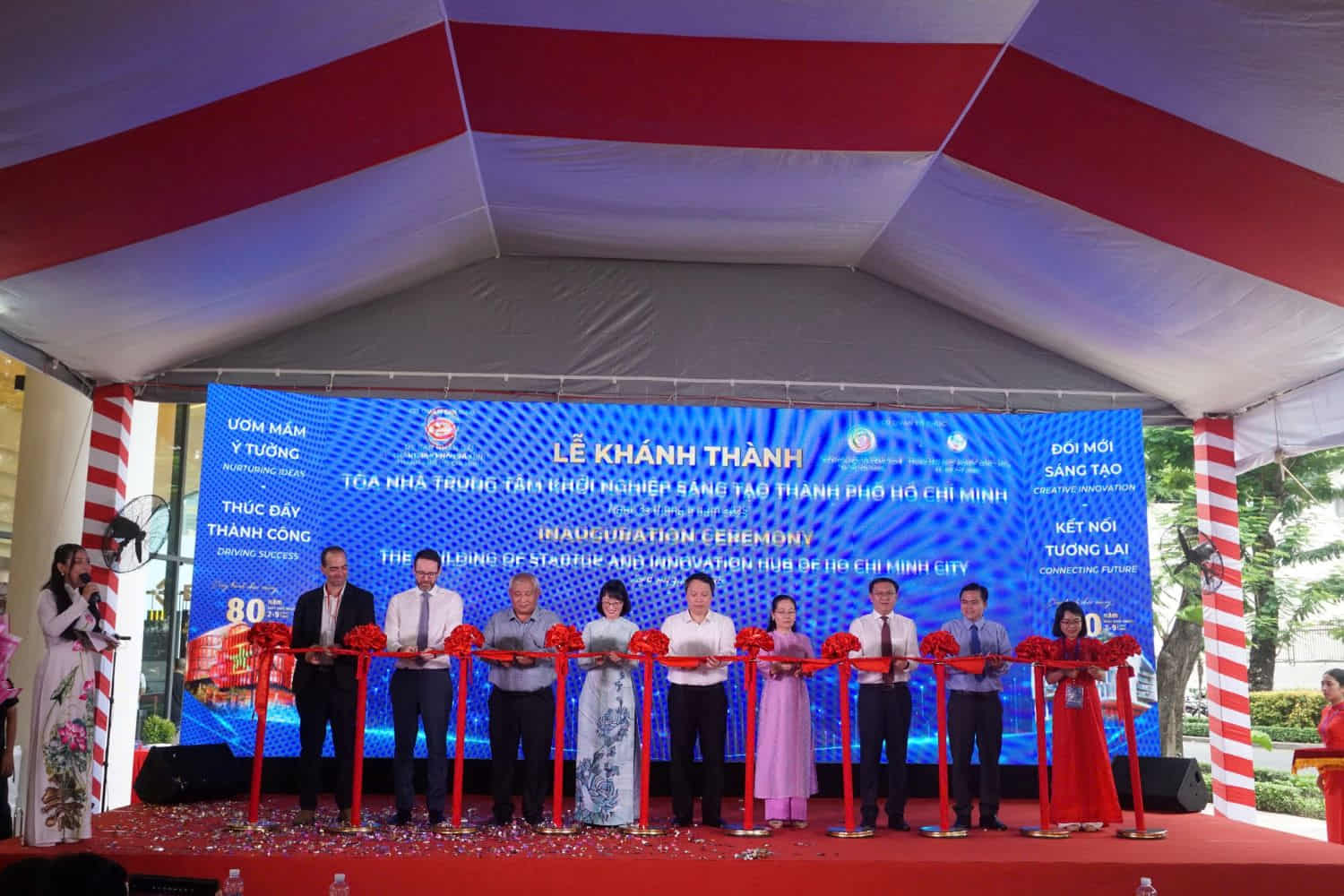

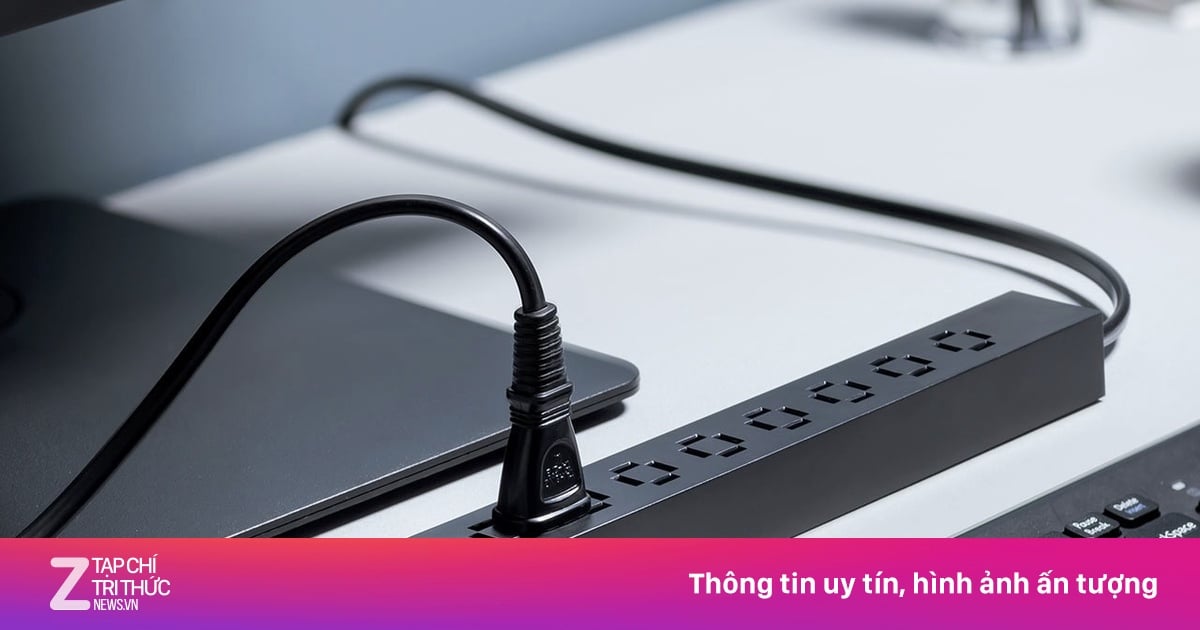


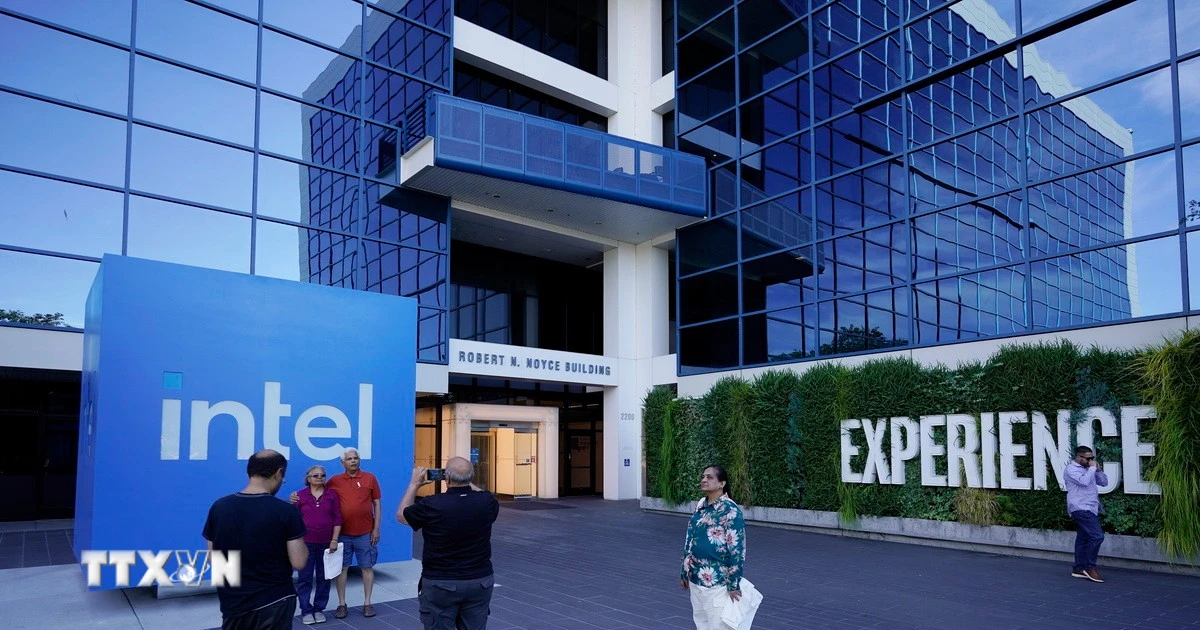









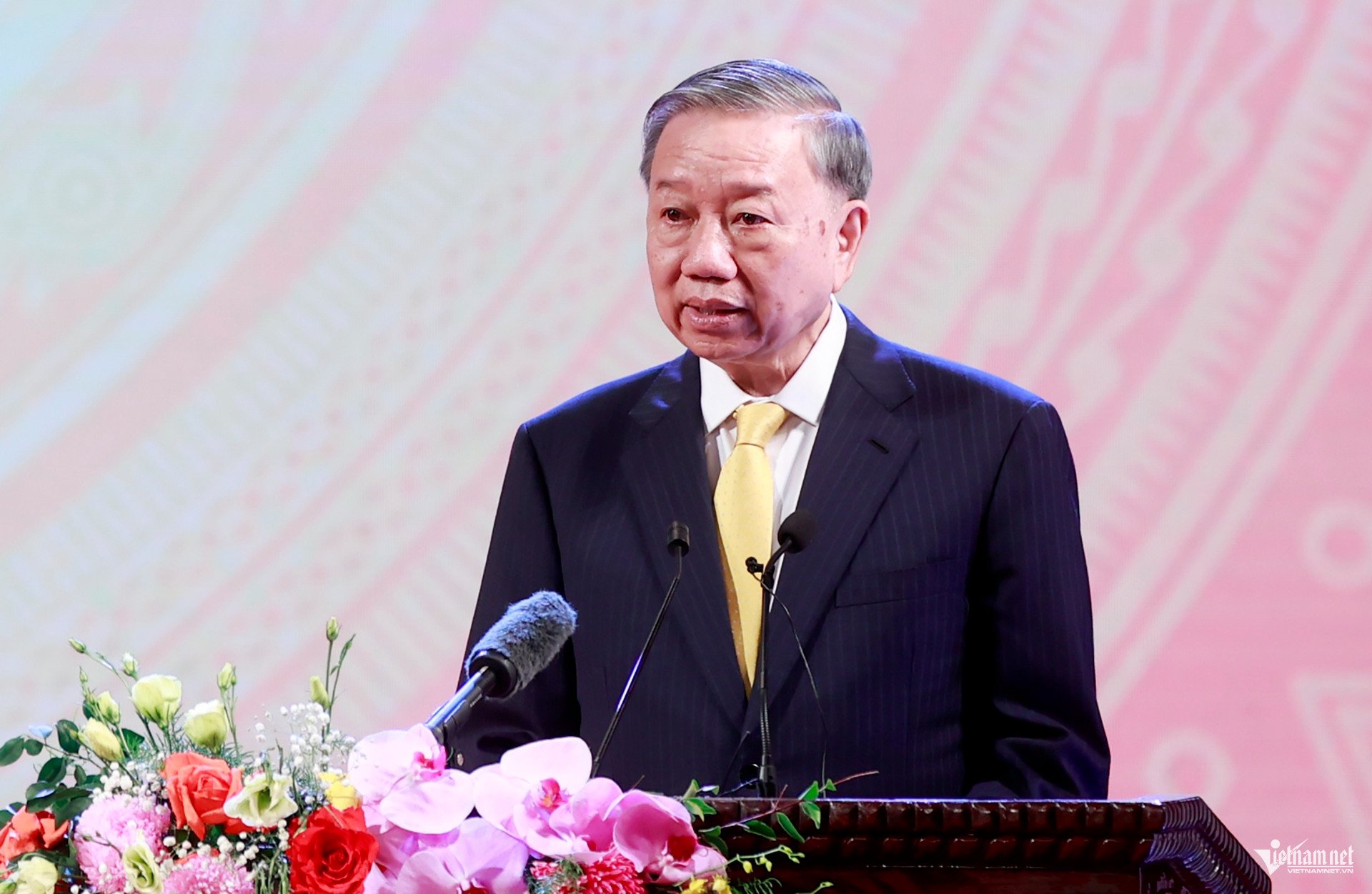


































































Comment (0)